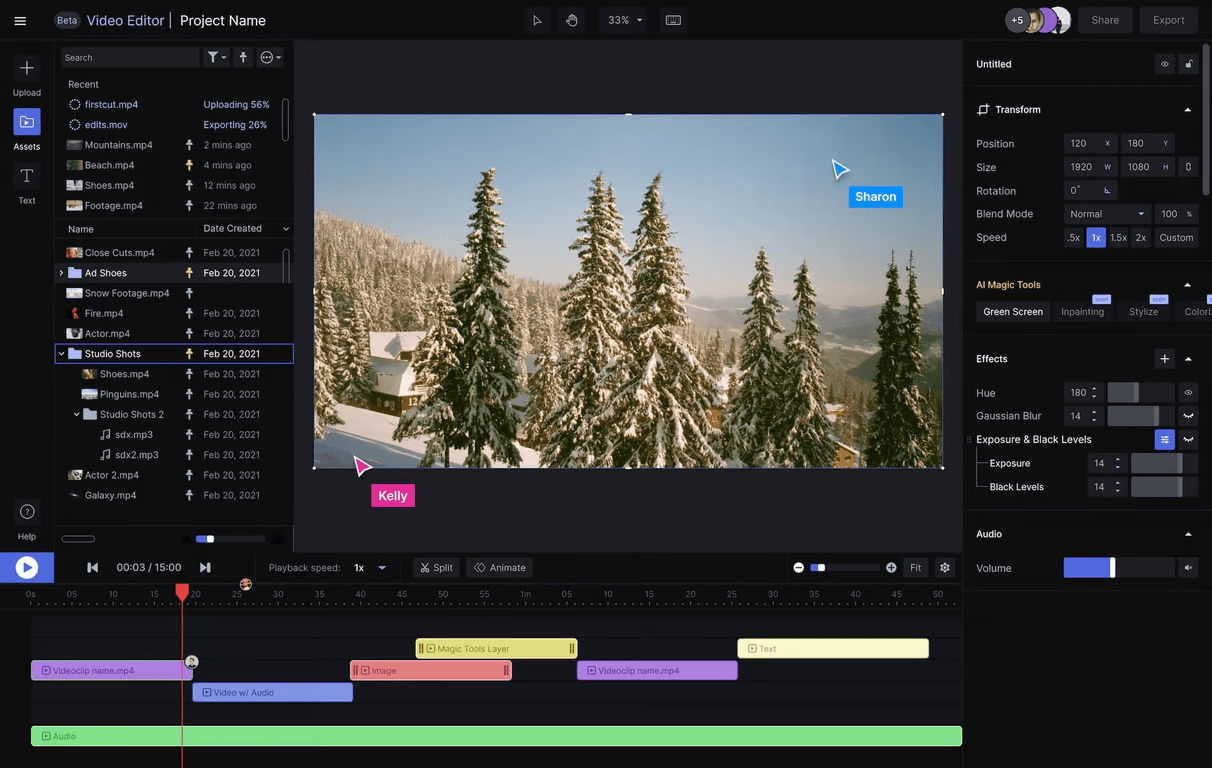Web scraping is a powerful tool for developers, but without the right proxies, it can quickly turn into a frustrating exercise. Websites have sophisticated detection systems to block scraping attempts, making it essential to pick the right proxies for the job. While any proxy can help you scrape data, choosing the best scraping proxies can be the difference between success and failure in your project. This article will explore the nuances between “best” scraping proxies and the more common options, focusing on key factors like security, cost, speed, and management complexity.
Types of Proxies and What Makes the “Best” Ones
When considering which proxies to use for web scraping, it’s crucial to understand the different types available, each with its own strengths and weaknesses.

1. Residential Proxies
Residential proxies are often regarded as the gold standard for web scraping. These proxies route traffic through actual residential IP addresses, making them appear as legitimate users to websites. Because of this, residential proxies are less likely to be flagged or blocked, which is particularly important when scraping websites with strict anti-bot measures, such as e-commerce platforms, ticketing services, or social media sites.
Example: Imagine you’re scraping a retail website for product pricing data. Using residential proxies, your requests appear as if they come from regular users. This reduces the chance of getting blocked, allowing you to scrape at a more steady pace without interruptions.
2. Datacenter Proxies
Datacenter proxies are cheaper and faster than residential proxies, but they come with a downside—they are easier for websites to detect and block. These proxies come from cloud providers or hosting services, meaning they are often flagged as non-residential traffic. For scraping projects targeting less restrictive websites, datacenter proxies can be a cost-effective solution.
Example: If you’re scraping a news website or a publicly accessible blog, using datacenter proxies might be sufficient. These websites generally have less stringent anti-scraping defenses, and datacenter proxies can handle high volumes of requests without needing the higher costs associated with residential IPs.
3. ISP Proxies
ISP proxies offer the benefits of both residential and datacenter proxies. They use IP addresses assigned to residential ISPs but operate at the speed and scale of datacenter proxies. This hybrid solution provides speed without sacrificing legitimacy, but they come at a premium price. For developers scraping sites with strict defenses but needing to maintain high performance, ISP proxies may be the best choice.
Example: Suppose you need to scrape a high-traffic e-commerce website for competitor price monitoring. ISP proxies provide you with a fast, reliable IP pool that avoids the frequent bans you might encounter with datacenter proxies, without sacrificing the speed needed to handle vast datasets.
4. Mobile Proxies
Mobile proxies use IP addresses assigned to mobile carriers, offering an additional layer of legitimacy since mobile IPs change frequently. Mobile proxies are excellent for bypassing advanced anti-bot systems but are significantly more expensive and slower than other types of proxies.
Example: If you’re scraping a social media platform with strict anti-scraping measures, mobile proxies can help you avoid detection by mimicking mobile users. However, their cost and speed limitations make them less suitable for large-scale scraping projects.
The Security Factor: Why It Matters
Security is a critical consideration when choosing the best scraping proxies. Free or low-cost proxies often come with security risks, such as exposing your traffic to third parties or even malicious actors. Premium proxies, particularly residential and ISP proxies, tend to come with better encryption and safer infrastructures.
For instance, using residential proxies from a reputable provider ensures that your scraping activities are masked behind legitimate user behavior, reducing the risk of detection. However, relying on cheap datacenter proxies could expose your project to IP bans, data leaks, or even cybersecurity threats.
If your scraping project involves handling sensitive or competitive data, such as scraping financial data or intellectual property, it’s worth investing in higher-quality proxies with built-in security features like encryption and rotating IPs.
Balancing Time, Money, and Personnel
When deciding which proxy to use, developers need to balance time, money, and personnel skills. Residential and mobile proxies are generally more expensive but offer a higher success rate for scraping, with fewer bans and blockages. On the other hand, datacenter proxies are more affordable but require more time to manage, including dealing with blocks and setting up proxy rotations.
For small teams or solo developers, managed proxy services can be a lifesaver. These services handle proxy rotation, CAPTCHA solving, and other anti-bot challenges for you. Managed services save time but come with a higher price tag. If you’re running a large-scale scraping operation, investing in a team with the skills to manage these proxies effectively will be necessary, particularly when dealing with more complex websites.
Quality vs. Quantity: Making the Right Trade-off
One of the most important considerations in choosing the best scraping proxies is quality vs. quantity. While datacenter proxies might offer thousands of IPs at a lower cost, the quality of those proxies may be lacking, leading to frequent blocks and lower data success rates. On the other hand, residential proxies, though more expensive, tend to have higher success rates and produce better data quality.
For instance, a developer scraping stock market data or e-commerce inventory will need reliable proxies that can consistently bypass anti-scraping measures. In this case, the higher cost of residential proxies will pay off by reducing the time spent dealing with bans, ensuring more accurate and comprehensive data.
Recommendations: The Best Scraping Proxies for Developers
For most developers, residential proxies are the top choice for serious web scraping. They offer a higher level of reliability, especially when scraping websites with sophisticated anti-bot defenses. The best scraping proxies come from providers that offer well-managed residential proxy pools with IP rotation, encryption, and advanced features like CAPTCHA-solving integrations.
If your project has a tighter budget or targets websites with less protection, datacenter proxies might still be a viable option. However, be prepared to invest more time and personnel resources into managing your proxies, including proxy rotation and error handling.
For large-scale, mission-critical scraping projects that need speed and legitimacy, ISP proxies are the best bet. And if you’re dealing with sites with cutting-edge anti-bot systems, mobile proxies provide a final resort, though at a steep price.
Ultimately, the best scraping proxy depends on your project’s unique requirements. While residential proxies offer reliability, datacenter proxies provide speed, and ISP proxies balance both. Make your decision based on your project’s specific needs, whether that’s security, speed, or cost-efficiency.








